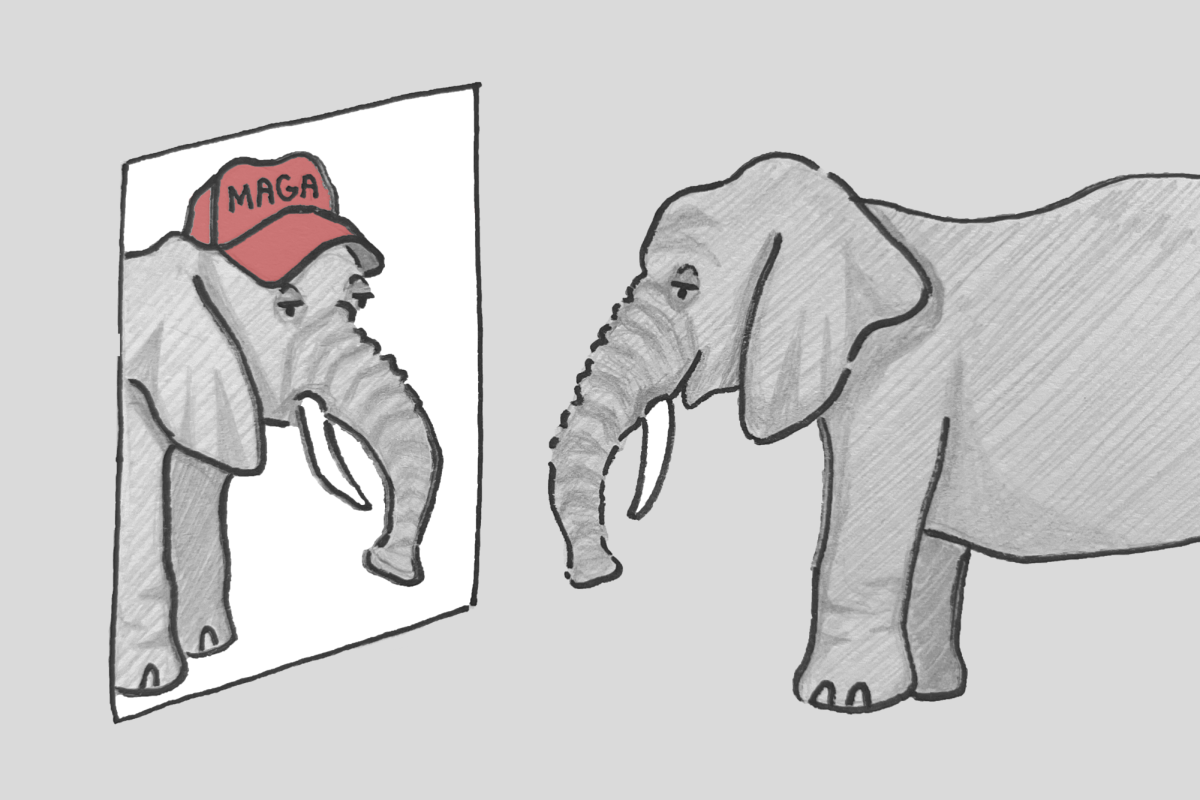
Technically Speaking
[email protected]
In today’s technology-filled world, we’re convinced to believe that our information is not safe, that our emails can be read and that everything we post online can be used against us. We’ve been assured by the NSA and the president that the government’s use of data collection is only out there to protect us, but in light of the recent UCSB tragedy, Big Brother was really nowhere to be found.
The Isla Vista events have left many students upset and confused about how they could happen and what they could mean for mental health or gun control, but it’s not the time to let the government off the hook for a huge fault in its system. The government has provided us with a false sense of security by ensuring us that our data is being collected for our own good, while recent events have proven to us that this is not the case.
The recent tragedy became even more disturbing after the revelation that so many clues had been available and overlooked. Elliot Rodger had uploaded 22 videos to his YouTube account and made regular posts on social media sites that revealed his angry and threatening disposition. His videos often mentioned a “day of retribution,” while his activity on Puahate.com, a website for men to share advice on how to pick up women, was full of violent posts describing revenge against women. One post had even described how “satisfying” it would be if all the men in the world had died from a virus, so that Rodger could finally have his pick of beautiful women.
There was ample time for the government to take action and legally investigate the case before it was too late. Weeks before the attack, Rodger’s parents saw several disturbing videos and alerted a therapist and the police about their concerns for the mental health of their son. The Santa Barbara County police met with the shooter — who essentially fooled them during the investigation — without watching the videos or requesting a warrant to search his apartment. Viewing the videos may have very well changed their procedure and even their assessment. Rodger even confessed in his manifesto that if the police had even entered his bedroom, his entire plan would have been foiled immediately.
Besides the mistake made by the deputies, the NSA was absent in the Rodger case. It’s hard to believe that data collectors can regularly extract our information and web history to invade our privacy, yet they neglected to see or take action when a terrorist uploaded plans for a massacre online. It’s also upsetting to realize that advanced algorithms can detect copyright music or film material to protect company profits but cannot ensure the safety of the public.
If the NSA really spends so much time and money sifting through our data, it’s only fair for us to feel protected, not neglected or exploited. This mistake was made at a large cost, and my heart goes out to the victims, their families, their friends and students at UCSB.




